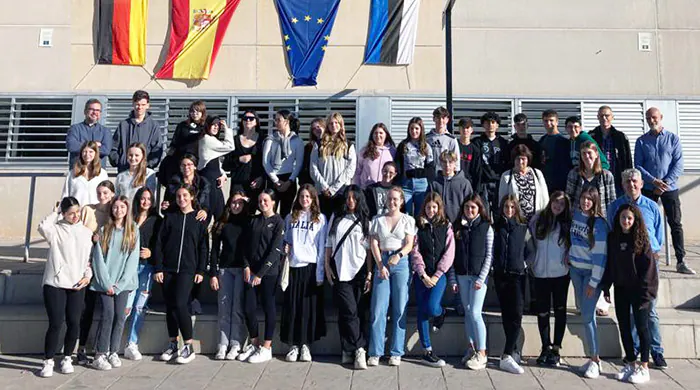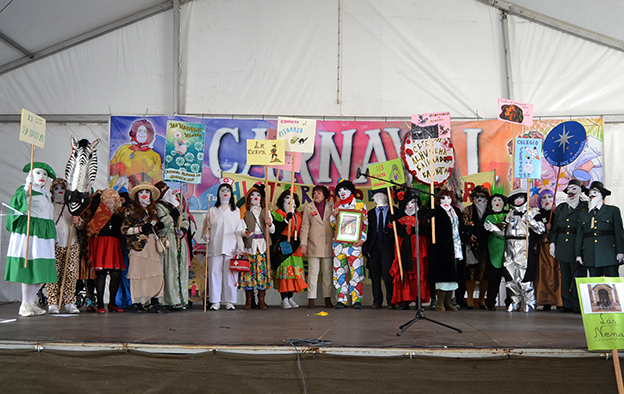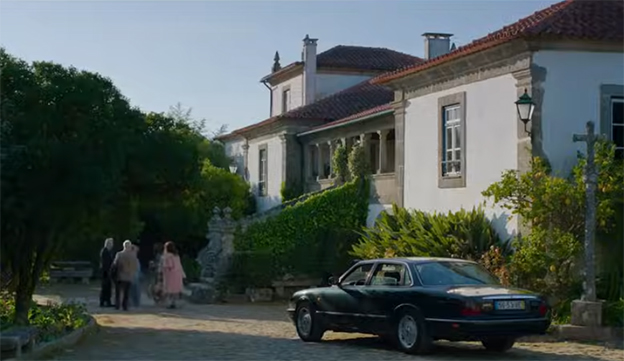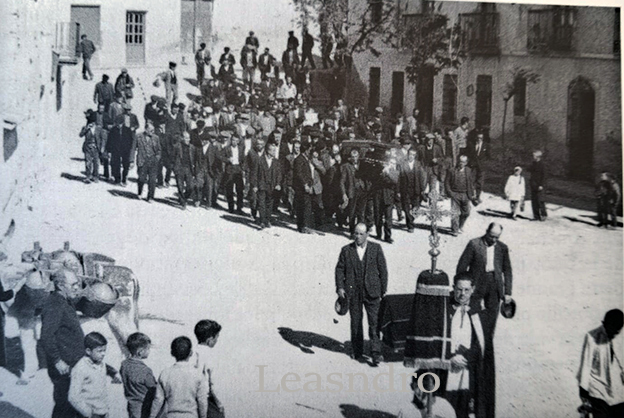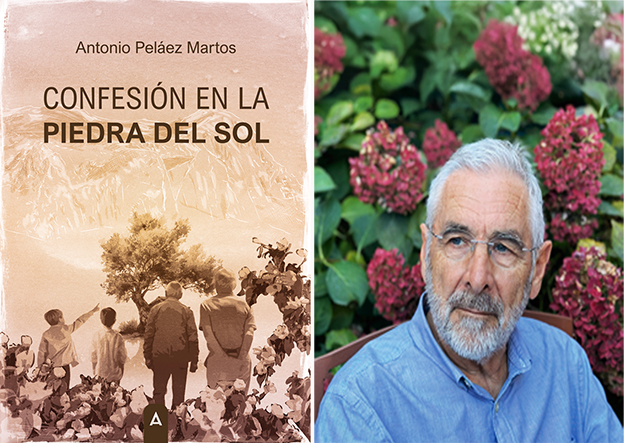Este año llega de nuevo el programa ERASMUS a las aulas del IES Federico García Lorca, de Churriana de la Vega, con alumnos de la ciudad alemana de Kiel y de Pärnu, (Estonia). Estos alumnos, junto a los anfitriones españoles de 3º de la ESO dan forma a esta iniciativa que tomará lugar a lo largo de este curso. En la ida, les contamos la experiencia de los alemanes y estonios.
El pasado domingo 13 de noviembre, 15 alumnos en total de nacionalidad alemana y estonia, llegaron a Granada. A lo largo de esta semana, como Frida y Lu, dos chicas alemanas; explicaron en una entrevista para IDEAL EN CLASE, pudieron exprimir su tiempo aquí descubriendo España desde diferentes puntos de vista. Pudieron acudir al instituto para describir cómo se imparten las clases en España, ser recibidos en el ayuntamiento de la localidad churrianera, hacer snorkel en las playas de Almuñécar y finalmente pasear por los jardines de la Alhambra en su último día de estancia.
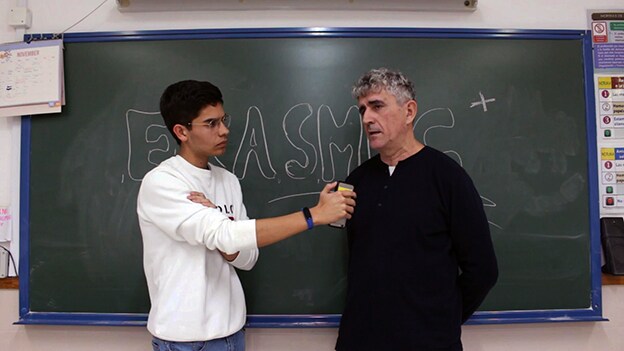
Como nos comentaba Antonio Reina, coordinador del proyecto ERASMUS del departamento de lengua inglesa del IES Federico García Lorca, para poder ser admitido como centro capaz de acoger este tipo de programas se debe de cumplir una serie de requisitos. Además, añadía que es una experiencia en la que el alumnado es capaz de interactuar con la lengua vehicular del programa, el inglés, de una forma práctica y resolutiva de cara a su día a día. Esto es sinónimo de una enriquecimiento lingüística para los estudiantes ERASMUS, además de una tendencia a obtener mejores calificaciones ya que se sienten más comprometidos con sus estudios.
Los anfitriones acogieron en sus casas durante la semana que dura el programa a los estudiantes extranjeros. De esta forma, tanto alemanes como estonios siguieron relacionándose con la cultura española en la cotidianeidad. Además, los estudiantes españoles dicen haber aprovechado la semana para mejorar sus habilidades en otros idiomas como el alemán y, desde luego, haber practicado su inglés en el día a día pero desde la comodidad de su hogar.
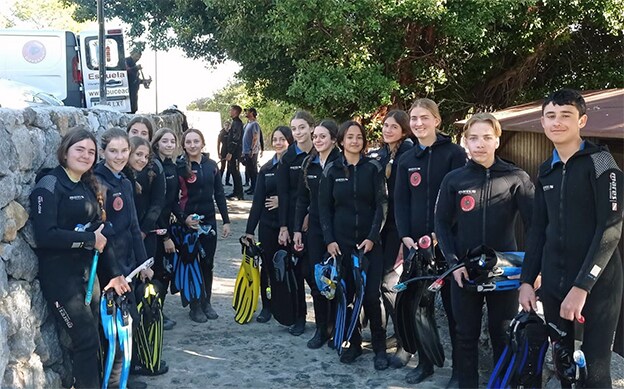
No podemos dejar de lado el choque cultural, siendo los españoles mucho más cercanos en cuanto se refiere a relacionarse y los alemanes y estonios mucho menos cálidos nos aseguran que también ha habido momentos incómodos. Precisamente esta es una de las razones de ser de este programa, un nuevo paradigma cultural en el que las costumbres, consecuentemente, son diferentes. Esto ayuda a los estudiantes a darse cuenta que su forma de vivir no es la única que existe. Aunque los europeos tengamos mucho en común, seguimos siendo muy diversos.
Precisamente gracias a programas como este, nuestro mundo se hace un poquito más tolerante. Poniendo el foco especialmente en Europa, este programa no deja de ser una iniciativa financiada por el gobierno de la UE para que exista una mayor cohesión entre los ciudadanos del viejo continente, es una forma de hacer crecer y reforzar la identidad europea.
El primer paso para poder respetar la integridad cultural y social del resto de países del mundo es el mero reconocimiento de que todos somos diferentes y que, muchas veces, para poder cooperar y hacer frente a problemas comunes debemos de guardar estas diferencias en la mochila.
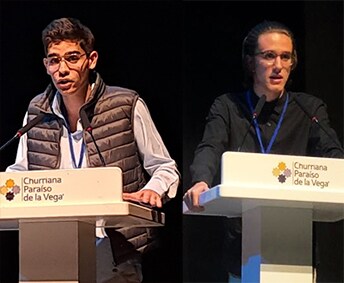
Redactado por David Morales Arellano
y producido por Javier Rodríguez López
Estudiantes del IES Federico García Lorca
VER VÍDEO DE LAS ENTREVISTAS:
ERASMUS EXPERIENCE TOUCHES DOWN ON IES FEDERICO GARCÍA LORCA IN CHURRIANA DE LA VEGA
This is the second year consecutive that the ERASMUS Programme is supported on IES Federico García Lorca. This time, students from Germany and Estonia have come to Spain pursuing a cultural enrichment. Our hostess have helped them out on that mission.
Last Sunday 13 of November, 15 students either with german and estonian nationality touched down Granada. Throughout last week, as Frida and Lu, two German girls; explained in an interview for Ideal en Clase, they could squeeze by and large their time here from different points of view. They attended classes to realise the main differences between how lessons are taught in Spain compared with Germany, they visited the local town hall and even went snorkelling. Plus, on the last day here in Spain, they could enjoy the astonishing views of Granada from La Halambra.
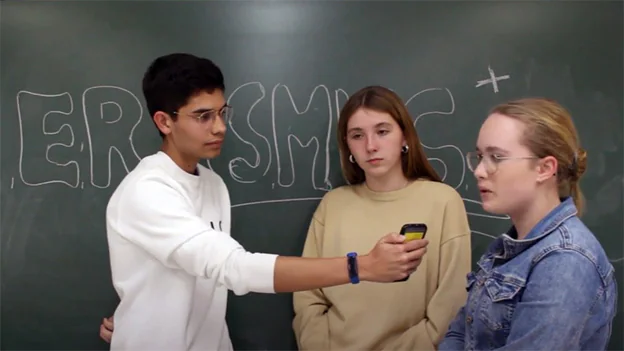
As Antonio Reina, ERASMUS Project coordinator of Federico Garcia Lorca High School, mentioned, the requirements in order to hold this program are not an easy task. There are some essential points that must have to be considered in order to take part in this programme. Furthermore, he added that, as a teacher, he finds this opportunity incredibly fulfilling when it comes to brushing up on your English, your academic performance and, moreover, it is crucial if you want to use your English in full swing. This program gives students the opportunity of using linguistic tools in order to, not just improve them, but as a manner of working out problems in their daily life on their own.
The foreign students were accommodated in the houses of their hostess during the one-week duration program. In that way, Germans and Estonians could learn Spanish culture on a daily basis. Besides that, Spanish students have been able to learn new languages as german.
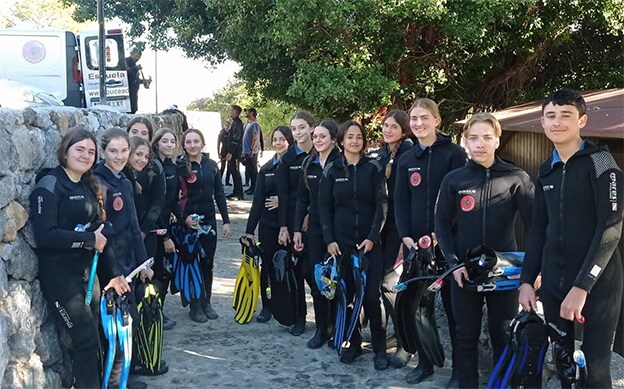
It cannot be forgotten the cultural shock, being Spaniards much more close than Germans regarding relationships, there have been some situations completely out of the blue. Precisely, this is a major reason for the existence of this program, it opens a completely new cultural realm for those who experience it. Therefore , it enables students to notice the huge differences that stand up even among European people.
Actually, ERASMUS is used as a way of raising cohesion between the citizens all around the European Union. It is a powerful manner to strengthen European identity. Tackling challenges together within the European Union will be crucial for the future cooperation of the EU. So far, we are putting effort on keeping united; however, this goes through accepting our differences and working together as a real team.
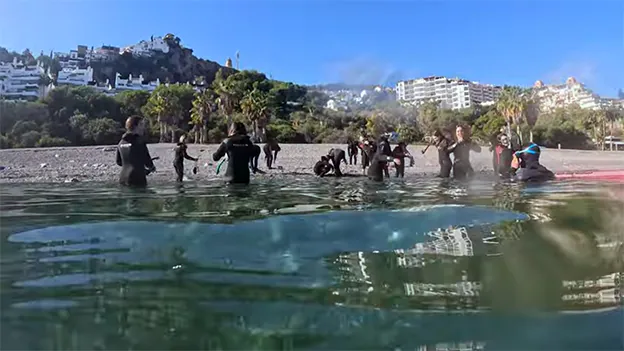
As a matter of fact, thanks to programs such as ERASMUS our world is a little bit more tolerant. The first step for respecting the cultural and social integrity of other countries is the mere fact of recognising our differences and cooperating in order to puzzle out new solutions for hard problems. Sometimes we ought to put aside the things that make us diverse and work together. Certainly, variety is the spice of life.
Written by David Morales Arellano
and produced by Javier Rodríguez López
Students of IES Federico García Lorca
Ver también:

